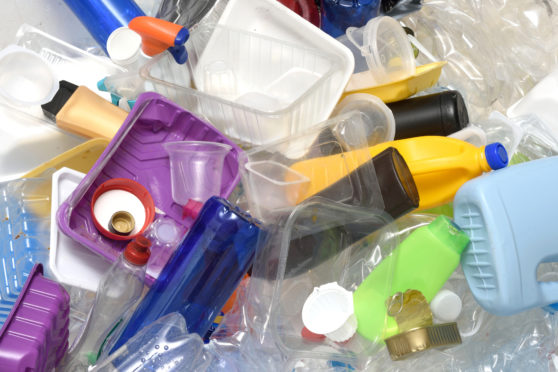Glass collected from Shetland’s bottle banks is again being shipped south after the recycling site in the village of Cunningsburgh came to a halt.
Shetland Amenity Trust, which owns the property, confirmed that the lease to operator Shetland Precast and Groundworks has been discontinued.
The trust’s head of engagement Sandy Middleton said the company was “no longer in a position to continue leasing from us”.
She added: “We are exploring our options with the site and have been approached by some interested parties.
“At this time we need to consider any future options for the site with our trustees. No decisions have been taken on this to date.”
The lease at the Cunningsburgh site turned glass into items like precast and paving.
The facility, previously named Enviroglass, had won awards in the past and at one point attracted LEADER grant funding of £70,000.
It had faced criticism, however, for accruing a build-up of glass which was stored outside.
A lease was given to Shetland Precast and Groundworks in 2016/17 after the amenity trust stopped taking in glass from Shetland Islands Council (SIC) because it said the fees paid for processing had halved.
The council’s waste management team leader Colin Bragg said that glass collected at the SIC’s bottle banks is now being sent south again for processing following the issues at Cunningsburgh.
Sending glass south instead of processing it at Cunningsburgh is said to be more beneficial environmentally as it would be re-purposed into bottles again, which is said to use less energy than turning it into items like aggregate for paving.
Once glass is turned into aggregate then it cannot be recycled again, unlike the bottle-to-bottle process.
Mr Bragg said: “Whenever the Cunningsburgh site has not been operational SIC has shipped glass south to glass reprocessors on the mainland.
“There have been a few periods in recent years when this was the case – and this has been the case since the site closed its gates a few months ago.”
He added that the gate fee negotiated for using the Cunningsburgh facility matched the equivalent cost of shipping south, saying: “As such there is no additional cost to SIC for this change – and the glass can simply proceed south on this different, and environmentally favourable, recycling route.”
